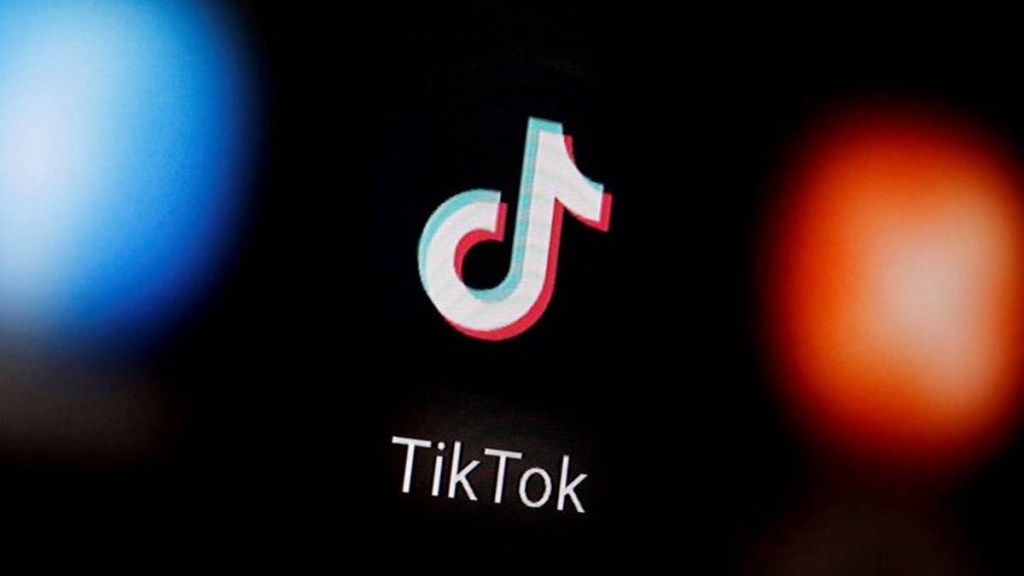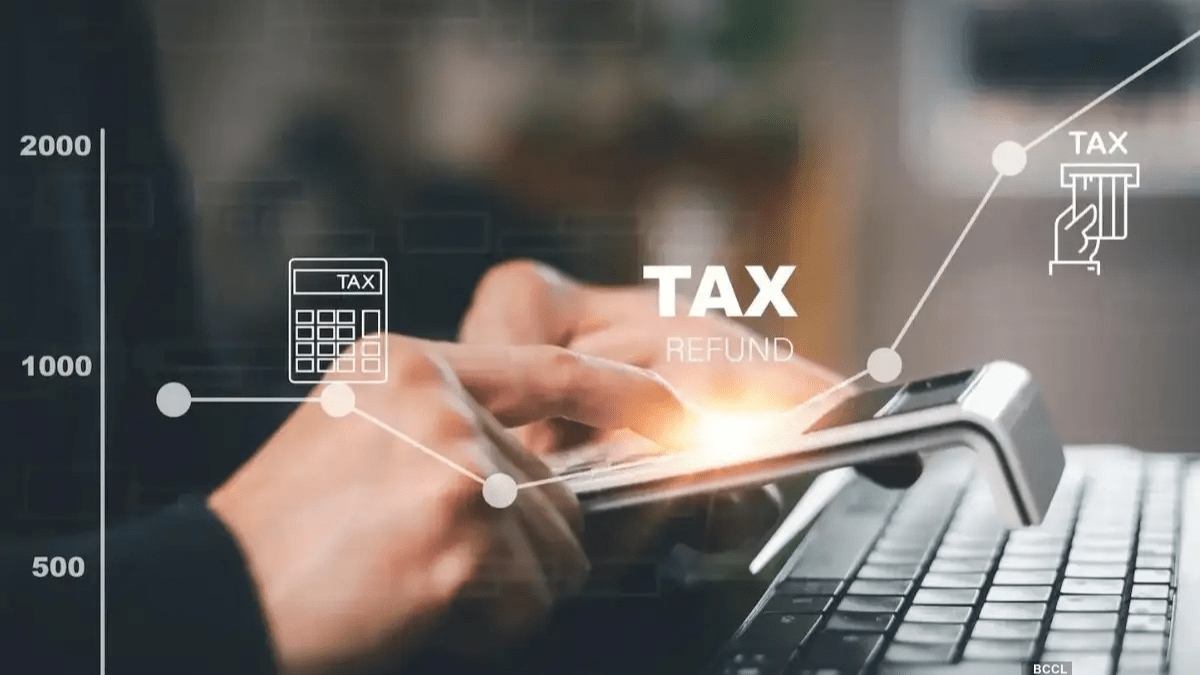The US Congress has passed a bill that forces TikTok’s Chinese parent to sell the video-sharing app to a US firm or risk a ban. TikTok has said it will not give up without a fight. Banasree Purkayastha delves into the reasons behind the US move and who could possibly buy the app.
What the United States wants
The US Senate on Tuesday voted to ban viral video app TikTok unless its China-based parent company ByteDance divests its ownership to an American company. The Protecting Americans from Foreign Adversary Controlled Applications Bill is very likely to get President Joe Biden’s nod. Last week the Bill was passed by the US House of Representatives. TikTok gets nine months to find a US buyer, and then a 90-day extension to sign the deal. If ByteDance fails to sell, TikTok will not be able to operate in the US. Apple and Google will have to delete it from their app stores and any cloud hosting platform cannot provide ByteDance hosting services. Selling TikTok means handing over the algorithm that has made it so successful, a move that is unlikely to get the Chinese government’s approval.
Chinese app a ‘national security risk’
As Time pointed out, TikTok is an extremely popular social media app that was not born on American soil, but in China. And thereof comes the problem US lawmakers have with the app. The attack on TikTok springs from the concerns that the app’s China-based parent company could collect sensitive data on US users and censor content that goes against the Chinese government. Director of National Intelligence Avril Haines told a House of Representatives intelligence committee hearing in March that there are fears Beijing could use the social media app to influence the 2024 US elections. In an election year when neither Republicans nor Democrats want to be seen as soft on China, the Bill is thus the latest in a series of moves responding to national security concerns.
TikTok’s response
In a memo, TikTok’s head of public policy for the Americas, Michael Beckerman, claimed that the Bill violated the first amendment of the US constitution, which protects freedom of speech. “At the stage that the Bill is signed, we will move to the courts for a legal challenge,” Beckerman wrote in the memo. TikTok has been calling upon its 170 million US users, particularly young Americans who have helped make the app so popular, to oppose the ban. It is running television ads, promoting the hashtag #KeepTikTok, where TikTok influencers and merchants discuss the importance of the app in their lives. TikTok has spent more than $100,000 on Facebook and Instagram ads in opposition to the Bill, The New York Times has reported, citing Meta Platforms’ Ad Library.
Impact on users & influencers
A ban will certainly impact content creators who depend on the app for their livelihood. An economic impact report by TikTok said the app drove $15 billion in revenue for US small businesses in 2023, and a further $24.2 billion in total economic activity with 55 million people in the US making purchases on the platform. Since last year, ByteDance has been pushing its Lemon8 app to American social media users. A mix of Pinterest and Instagram, the photo-based app allows users to post, save and share images and text under categories such as fashion, food, beauty, wellness and travel. This could be ByteDance’s Plan B.
Lessons from India
A ban would mean that new users would not be able to download it. It would also mean that TikTok wouldn’t be able to send updates, security patches and bug fixes, making it unusable over time, forcing users to migrate to other platforms such as Instagram, which has a TikTok like feature called Reels, or YouTube, which has vertical short videos in its feed under the tag YouTube Shorts. Per Edison Research, 44% of US teens and adults use Instagram while YouTube’s largest demographic in the US is the 25-34 years age group. As The New York Times pointed out, when India banned the app in 2020, Indian users easily adjusted, and Instagram and YouTube built huge audiences.
Finding a buyer
TikTok posted revenue of about $16 billion in 2023 in the US. Microsoft, Walmart and Oracle have earlier shown interest in TikTok, but that is purportedly because of the algorithm that powers its recommendation engine. In 2020, China added algorithms to its export control list. So if China puts its foot down, whether there would be any buyers for the app without its algorithm is the question.







